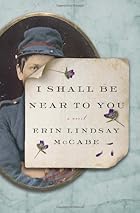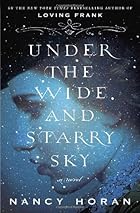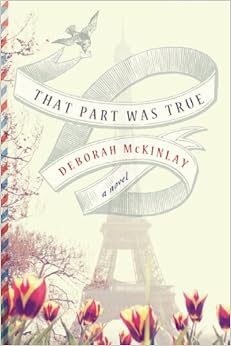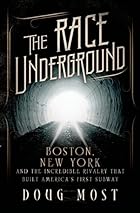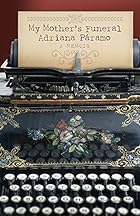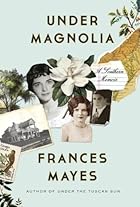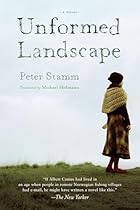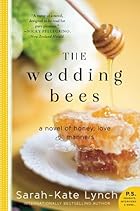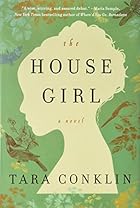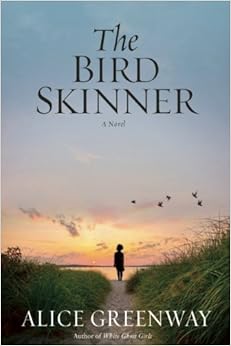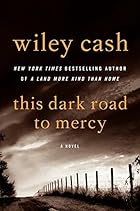Like death and taxes, the annual K. Christmas letter is inevitable. Hopefully reading about our misadventures is at least slightly more appealing than those other inevitabilities, though if not, this paper probably makes a good gerbil cage liner. You’re welcome. So, once more into the breach: the 2013 K. year in review.
January: Do I ever manage to remember what we’ve done in January or does it always get lost in the mists of time and my aging brain? Once again we’ll just assume that this was probably an uneventful, dull month. (And maybe next year I’ll make up something completely amazing—or, more likely, I’ll forget again.)
February: R. decided to be vegetarian for the month so W. requested bacon for breakfast on the 1st. And I made it for him. As you can see, we’re all about familial support here. In addition to taunting his usually carnivorous sister with meat all month, W. made the school tennis team again. The fact that their uniforms included collared shirts, a style he loathes, was a bit of karmic payback for his bacon baiting.
March: R. was thrilled to be signed up for driver’s ed over spring break. OK, not really. She was really annoyed to be getting up and heading to a classroom by 8 am on a week she shouldn’t have been in school. Strangely enough, our kids seem to have no desire to ever drive. Hope they don’t think I’m going to chauffeur them forever.
April: T. took up archery this month. He really loves it, especially when the instructors tack dollar bills to the target and announce that anyone hitting them can keep the money. He may not hit the bulls-eye often otherwise but when money is involved, he manages to send his arrows true every time. Also this month, I fell on the tennis court and split my head open. We’re happy to report that no brains leaked out but there were copious amounts of blood, which never came out of my shirt. So much for my laundry prowess (and my tennis prowess too, if we’re being honest).
May: T. got braces this month, giving us two orthodontic bills at once. The new metal in his mouth didn’t slow him down in the elementary school musical, Annie Jr., though. He volunteered to play every non-singing role available (he wanted a singing role too but family tone deafness made that an impossibility) and now he’s pretty sure he belongs on the stage, ideally in a starring role.
June: I was elected the Women’s National Book Club—Charlotte Chapter President this month. I did run unopposed and only after a bit of arm twisting so don’t be too impressed. As school wound up for the year, T. had the honor of reciting the Pledge of Allegiance for his 5th grade moving up ceremony. The reason, according to him? He’s loud. Well, we all have our gifts. R. had her dance Nationals in Myrtle Beach and the girls’ production number was named Best of the Beach National Champions. I still think that since we never did lay eyes on the beach while we were there that the title should actually be Best of the Auditorium but nobody asked me.
July: We (and for another summer, I’m once again not including D.) spent most of the month at the cottage relaxing and doing our usual swimming, sailing, tennis, reading, and sitting by the fire. W. played in the annual LCYC “Butzie” tennis tournament and he and his partner were runners up. I promptly stole the pretty engraved glass mug from him and it is living on one of my bookshelves now (fairly certain he’s forgotten about it by now too so he may never get it back).
August: We came home from the cottage early this year because I had to have a colonoscopy. Luckily I got the all clear and can now put it all behind me (egregious puns intended). Later this month, T. started middle school, officially ending our years in the elementary school and the illusion of being the parents of young children, as if a colonoscopy itself wasn’t representative enough of advancing age.
September: We barely saw D. at all this month as he traveled all over the state and the country for work. I just traveled all over the Charlotte area driving kids to tennis and dance and soccer. Unlike D., I at least got to sleep in my own bed at night.
October: I decided to make the most of my time at the DMV this month and took both W, to get his license and R. to get her permit on the same day. For anyone who is curious, even a two-fer at the DMV is painful. And of course, even more painfully, this now means we have to pay for a teenaged boy driver and we get to start the learning to drive process all over again with yet another kid. At least we can use the money we save on R.’s braces to pay for W.’s insurance since she got the braces off in time to have her permit picture taken with naked pearly whites. T. was back on stage again this month in the middle school’s version of Fiddler on the Roof Jr. Again, he didn’t have a singing part, thank heaven. He played a villager and a Russian and he did disturbingly well as a bigoted bully. I’ve been threatening to abandon the family forever now but I finally did it: I went to Chicago with a couple of friends for a weekend. While the kids didn’t seem to miss me much at all while I was gone, the dogs were very grateful I came back. (D. was grateful too, if only because that meant the dogs moved back over to my side of the bed to lean against me again.)
November: D. took a new job at Salesforce.com this month. One of the major benefits of the job is that he’ll be traveling a lot less, except for the fact that his first day on the job was in San Francisco, where we don’t live. With promises like this, politics might be his next career!
As 2013 comes to a close, we hope that all of you are surrounded by family, peace, love, and happiness now and throughout the coming year.


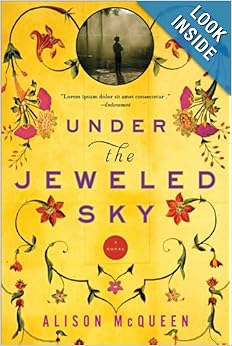




 This week's mailbox arrivals:
This week's mailbox arrivals: